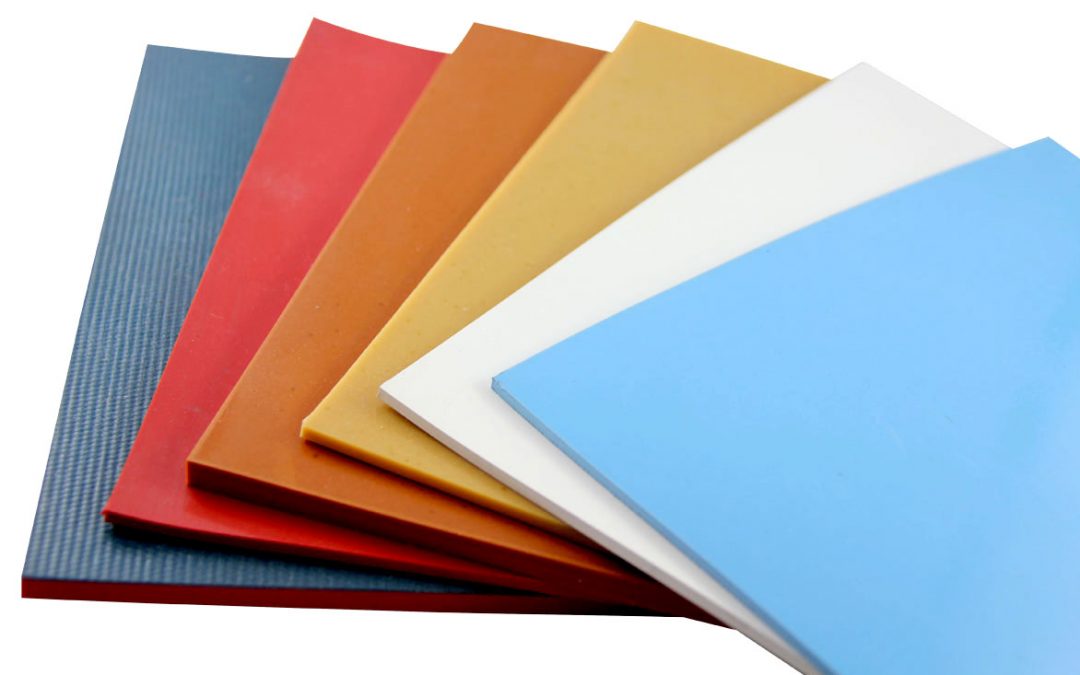Purchasing rubber would seem to be a simple thing: everyone knows what “rubber” is and most people think of it as one hegemonic product where even if different rubber types exist, they’re all more or less similar. That is actually untrue and the rubber family is indeed much wider, more extensive, and perhaps complicated than most people might think. The good news is help is available! We are rubber experts here and can carefully guide you through the process of selecting the correct Redco rubber for your application. However, if you feel you have a pretty good handle on rubber and don’t have a need to go through the selection process with us, these three tips will help ensure anyone is satisfied with a hassle-free rubber purchasing experience.
#1 – Know Thy Rubber
Even if you have a pretty good handle on rubber products you do need to make sure you “know enough”. Here is an example, you’ve used SBR rubber before and you know what size and thickness you need it in, perhaps 1/8″. So you email an RFQ “I need one piece of SBR 4′ x 8′ x 1/8″ ” Is that enough information? Actually it isn’t. We offer SBR in both 60A and 80A durometer (hardness) and we need to know which you need. In addition, we offer almost all of our products in a premium grade, which can be provided with certifications, and consumer grade, which cannot be certified beyond a simple compliancy form. Which leads to…
#2 – Know Thy Certifications
One stressful part of the rubber sales process for both the salesperson and the customer, is when certifications are requested after a sale and after the rubber has been shipped. While one may assume that all rubber we sell is certifiable and to any industry spec, this is actually inaccurate. It can lead to annoying situations and even cancelled orders. Our lower-priced consumer grade product offers price savings but cannot be certified for, example, food processing or aerospace requirements. We do offer such grades of rubber! However, those are our premium grade materials. Therefore please always inform us of any certification that is required before purchasing. In addition, we have run into certifications we cannot supply – even with our premium grade materials, which is why it’s best to bring any certs up during the quotation stage of the process.
#3 – Ask and Trust
If you’re unclear at all about what rubber you require, please do not hesitate in asking for help. At times, customers may feel ashamed admitting they need help in picking a product. However, as long as you can get us the information we need on the operational environment of the application we are happy to help make a recommendation. That said, there is a measure of trust involved. Customers tend to be familiar with “neoprene” rubber, for example, but when we’re telling a customer he/she needs Viton P70 rubber to function in the application then trust comes into play.
You can view our rubber line card by clicking here.
For more assistance or a quote on your rubber needs please contact us today.

